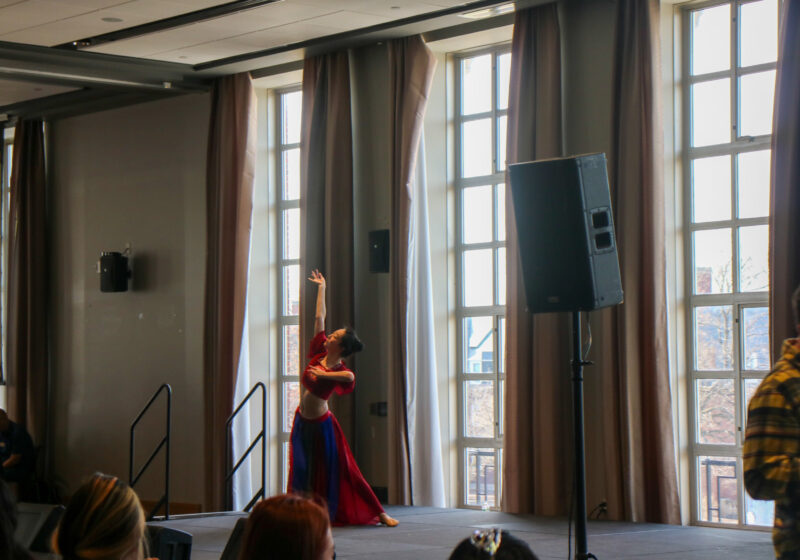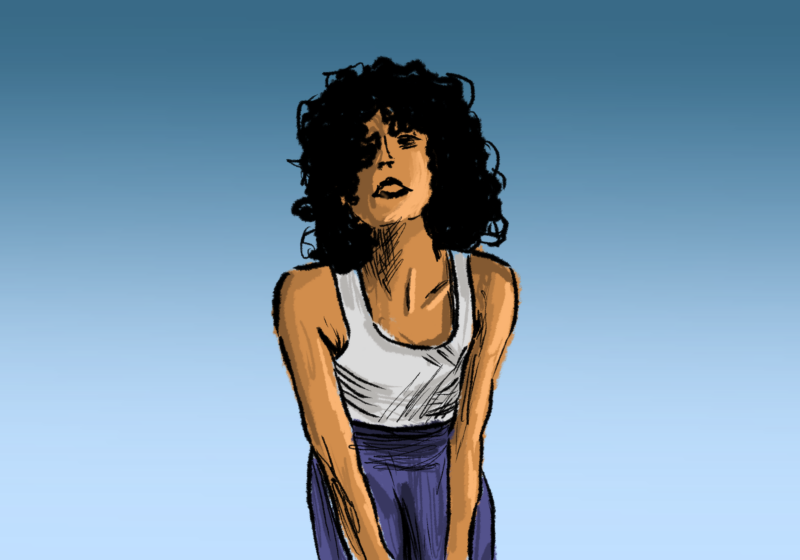Rescuers climbed over fallen furniture and blocked doors, relying on flashlights to see their way through dark halls. Screams were coming from all sides. And with the municipal police and fire departments busy, the students of the Medical Emergency Response Team were the only ones that could help.
But luckily, this was only a test.
On Oct. 23, MERT held a drill as both a team-building exercise and to test their ability to handle a multiple casualty incident.
“What we basically did was we simulated a drill of a collapsed building on campus,” junior and MERT Director of Operations Josh Brown said.
“We used the [Inter-Campus Music Center],” Brown said. “[Some of] the residents volunteered to be patients.”
In the drill, several residents of ICMC and volunteers from MERT simulated having injuries and needing to be rescued.
“We had about ten patients, and each patient, before the drill was started, had injuries, and they were told how the injuries would progress if they weren’t treated in time,” junior and MERT Assistant Director of Training Alexandra Cornwall said.
The simulated disaster was a major change from their usual work. “It’s very chaotic, it’s not the normal run-of-the-mill traffic accident,” Cornwall said. “It’s dark, there are people screaming from all the rooms, [and] furniture was upended.”
The disaster they simulated was clearly unlikely. “The situation was that we were pretending it was an earthquake,” she said.
Besides the fact that such events are almost impossible in this area, it would not be MERT’s problem in the first place. “It’s not in our nature to respond to [major disasters] for liability reasons,” Cornwall said. However, for the purposes of the exercise they assumed that other emergency response services would be occupied or unable to reach UR.
But even though it wasn’t strictly realistic, the exercise was held to be a success. “The idea was to work on out communication skills, and I think we did very well,” Brown said. “It was a good experience for us. We were very happy with the way it went.”
The value of the drill was not in practicing a procedure for that specific type of event, but for practicing teamwork and coordination. “I think it was useful because it showed us what we would have to do to set up a structure for dealing with situations like this,” sophomore and MERT Public Relations Chair Glenn Klucka said.
“We also worked on communication skills between teams,” Cornwall said. “It was just an all-around team-building event.”
The lessons from the drill are applicable to normal MERT work. Even though a disaster as large as that is very unlikely, incidents requiring the same type of coordination and concentration do occur. “The type of [event] we have to deal with on campus is multiple simultaneous calls,” Cornwall said. “I think last year we had like nine calls in two hours.”
MERT made it through those busy incidents, but there were worries about their ability to handle them routinely. “We handled it communicating with cell phones, but we weren’t sure about getting resources to everyone injured,” Cornwall said. “That’s the type of [mass casualty incident] we would experience here on campus.”
This drill was the first of its kind for the students of MERT. It has “not been done [before] to my knowledge,” Cornwall said. “I think the medical center MERT team did something like this years ago.”
Levesque can be reached at clevesque@campustimes.org.





